Performance-based marketing to grow your Resort & Hotel company.
What is Hotel Marketing?
The average Hotel business in the United States makes $1.5 million per year in revenue. Hotel Marketing is the process of promoting the business to increase that number or removing obstacles causing the ROI to be low. This can include paid social ads, paid search ads, local ads, radio ads, TV ads, or traditional ads.
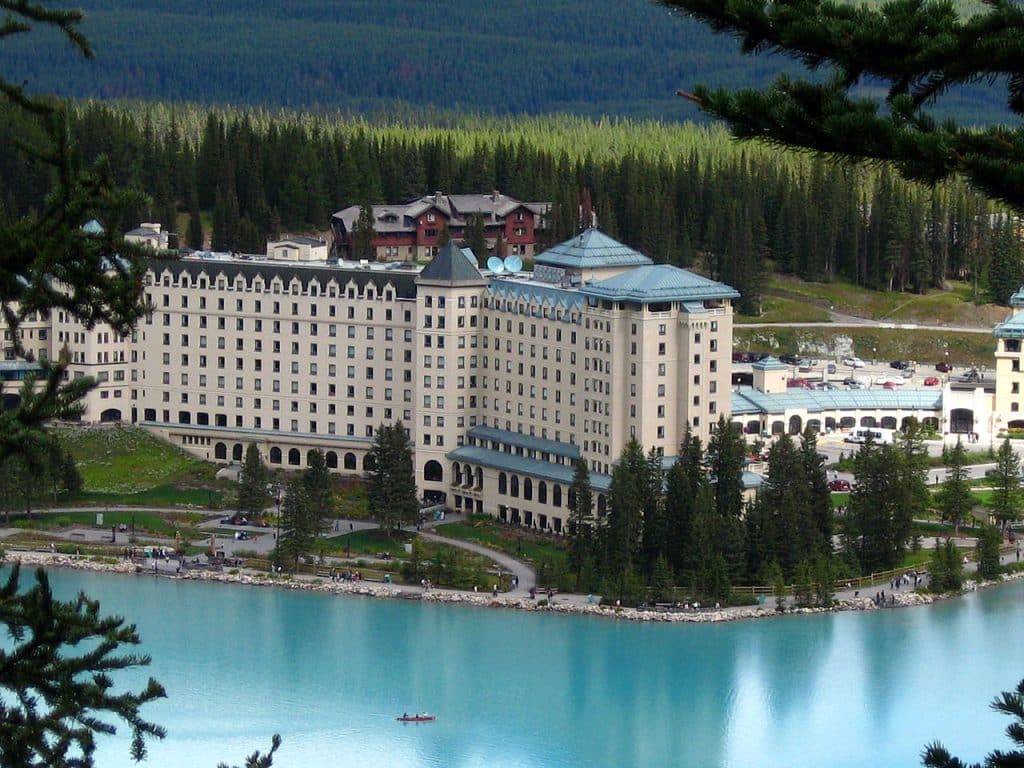
Most resort companies struggle with various factors, such as an expensive workforce, finding adequate experts in each area, producing new creative content fast enough, and overseeing all aspects efficiently of their digital marketing. Let our team of tourism digital marketing and advertising experts manage the groundwork it takes to grow your hotel company. If you want to increase sales for your resort and hotel business, please contact AdvertiseMint.
“Every hotel business pays for advertising. You either pay for advertising or you pay in lost revenue to your competitors.” – Brian Meert, CEO, ADVERTISEMINT.
Popular ways to increase revenue for hotel companies.
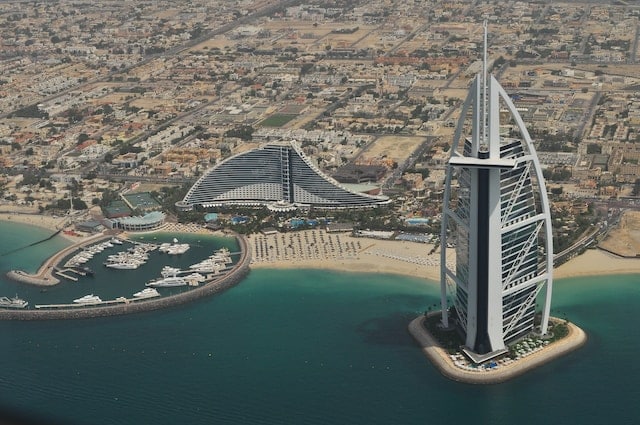
In the bustling world of hotels and resorts, the challenge lies not just in attracting guests but also in maximizing revenue. The tourism landscape has evolved, and with the rise of diverse accommodation options, traditional hotels and motels must adapt and innovate. Here are five strategic factors that can give these establishments a competitive edge:
- Embracing Technological Innovations: The digital age has revamped the way travelers book and experience stays. Hotels and resorts that invest in technology, from online booking systems to virtual room tours, stand to gain significantly. By offering guests a seamless online booking experience, establishments can drive direct bookings, bypassing third-party commission costs. Moreover, with the integration of AI and data analytics, personalized offers can be crafted, appealing directly to the guest’s preferences and boosting chances of conversion.
- Diverse Amenities and Experience Packages: The tourism industry thrives on experiences. Beyond the basic amenities, travelers are on the lookout for unique offerings. Resorts and hotels can design curated experience packages, such as wellness retreats or cultural immersion programs. Such initiatives not only cater to niche segments of travelers but also allow for premium pricing.
- Dynamic Pricing Models: The fluctuating nature of the tourism sector, influenced by seasons, events, and even weekdays, necessitates a dynamic pricing model for hotels and motels. By adjusting room rates based on demand and offering special deals during off-peak times, establishments can optimize occupancy rates and revenue.
- Sustainability as a Unique Selling Point (USP): With growing global consciousness about environmental issues, many travelers prefer eco-friendly accommodations. Hotels and resorts that adopt sustainable practices, from sourcing local organic produce to water conservation, can market these initiatives as a USP. Not only does this attract a specific segment of eco-conscious tourists, but it also often allows for a markup in pricing.
- Strengthening Online and Social Media Presence: In today’s digital-dominated world, a strong online presence is paramount. Effective use of social media, complete with engaging content and timely interactions, can create a loyal community around a brand. Positive reviews, captivating visuals, and user-generated content can influence potential travelers, driving bookings and, consequently, revenue.
Hotel Industry Facts
Average Revenue for Resort & Hotel Industry: $1.4 trillion
Average Profit Margin for Resort & Hotel Industry: 10-15%
Average Employees for Resort & Hotel Company: 2,500
Average ROI for the Resort & Hotel Industry: 10-15%.
Average Growth Rate for Resort & Hotel Industry: 17.4%
Total number of Resort & Hotel companies: 700,000
Average CPC on Google for Resort & Hotel Industry: $1.68
Hotel Paid Social Ads
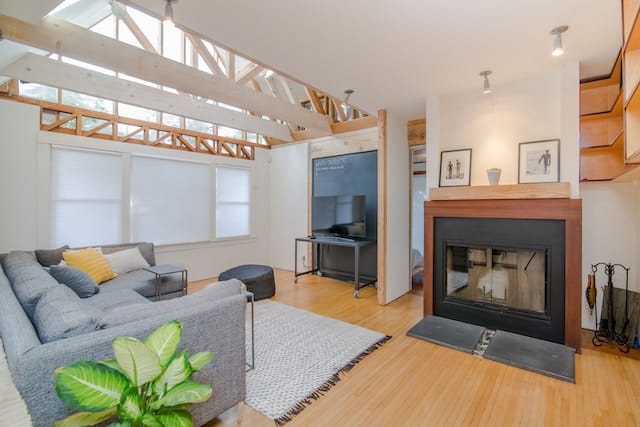
Paid social is a powerful way to help reach consumers interested in hotel services. Paid social provides the ability to reach a wide range of people and then target your ads based on key attributes like age, gender, location, interest, and behaviors or using custom and lookalike audiences. Paid social ads are the leading advertising option to reach consumers on mobile devices. Paid social is also typically less expensive than other forms of advertising, making it a powerful combination. However, the pricing for paid social can increase as you get more targeted or if your ads appear irrelevant by the ad platform algorithm. The most popular paid social ad platforms are:
- Hotel Facebook Advertising
- Resort Instagram Advertising
- Motels TikTok Advertising
- Tourism Snapchat Advertising
- Hotel LinkedIn Advertising
- Motels YouTube Advertising
- Resort Twitter Advertising
- Hotel Reddit Advertising
- Hotel Pinterest Advertising
Hotel Paid Search Ads
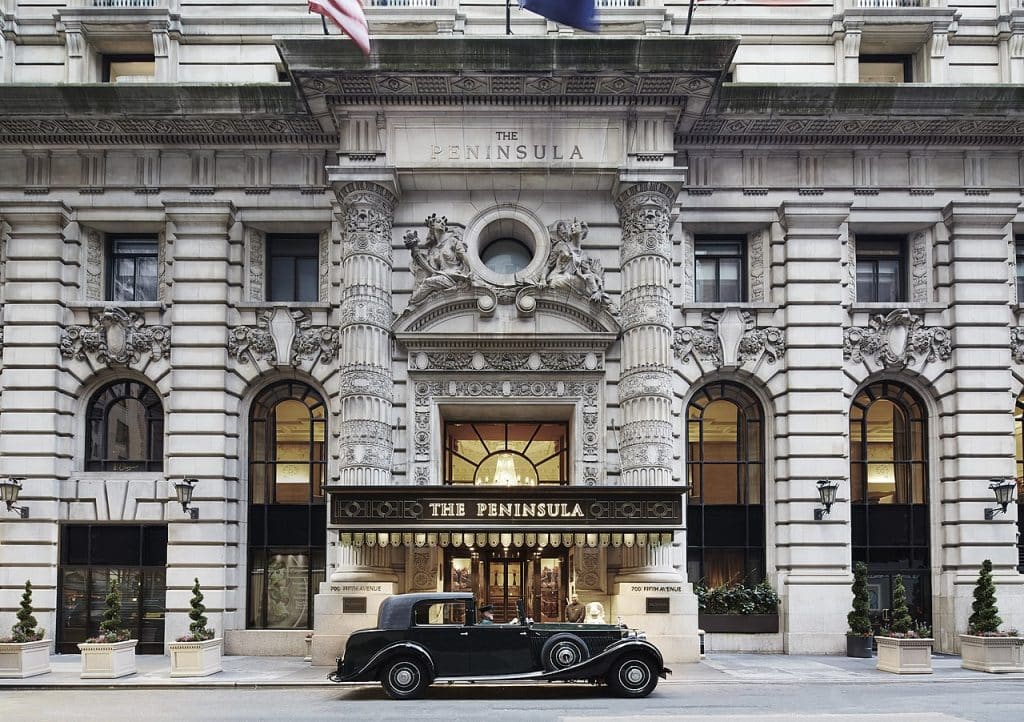
Paid search is the most efficient way to reach consumers actively searching for tourism services. Consumers often search the internet for questions about where they are in the buying cycle. A general search would indicate they are just beginning to research companies. A specific search would indicate that the consumer is knowledgeable and close to selecting or purchasing. Hotel advertisers can bid specifically on the most valuable keywords for their business, which helps them appear above their competitors for the most profitable keywords. Paid search ads are generally used for lead generation, local awareness, or e-commerce. Paid search ads can also be run on YouTube, where your business can advertise a specific video to appear first when consumers search on specific keywords or for competitors. The most popular hotel-paid search ads are:
Resorts Local Ads
Local ads are extremely important for resorts and hotels and are often overlooked because of the focus on larger ad platforms. Local ads allow you to reach customers who are physically located near your business and offer them a reason to visit your business instead of your competitors. Local digital ads typically include promotions, deals, or coupons and often align with your current business reviews on that platform. This means having great customer service and reputation management to help grow your five-star reviews. Other physical ads like billboards, digital billboards, bus, and metro ads allow you to ensure you are reaching customers located in your targeted area. The cost to reach a new local customer is often small compared to the lifetime value that customer will bring to your business. The most popular local ads for hotel companies are:
- Hotel Facebook Ads
- Motels Google Local Ads
- Resorts Yelp Ads
- Hotel Nextdoor Ads
- Motel Billboard Advertising
- Resort Metro Ads
- Hotel Bus Ads
Hotel Radio Ads
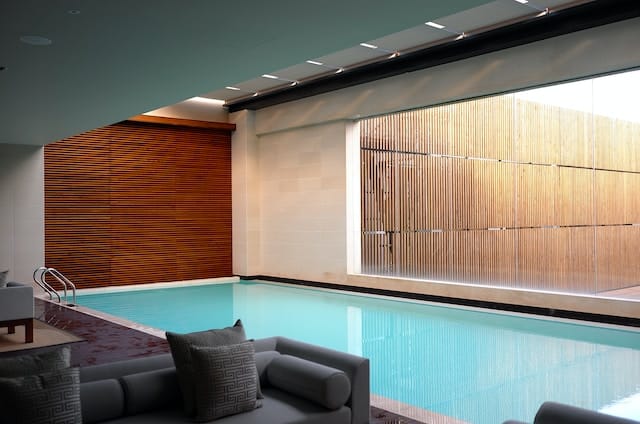
Radio ads allow hotel companies to reach a captive audience, often listening while commuting in the car, at the gym, or working. Radio ads allow you to talk directly to your customers and present. Radio ads are fixed in length and cannot be skipped, ensuring your audience will hear your message. Due to the passive nature of radio listeners, it’s essential to have optimized audio creatives and a large enough ad budget to ensure that the average listener is reached at the recommended frequency. It’s recommended when possible to use the radio personality to read your ads as they have built Some of the most popular hotel radio advertising options are:
- Hotel Local iHeartRadio Ads
- Motel Spotify Ads
- Resort Pandora Ads
- Hotel Podcast Ads
- Motel National Radio Advertising
- Resort Talk Radio Advertising
Resort Direct Mail
Direct Mail can be a powerful tool for resort companies to reach new and existing customers. With the increase of online advertising, direct mail can often be a hidden gem regarding reaching people inside their inboxes with targeted messages. Direct mail can be sent in mass with new automation tools and personalized before sending. The cost of direct mail often depends on the size of the mail (postcard vs. full-size letter envelope), and while postage can be purchased at bulk rates, it is still a rising cost to be considered. If you are interested in learning more about how your company can send out Direct Mail, please contact AdvertiseMint, and our team would be more than happy to walk you through the options.
Hotel TV Ads
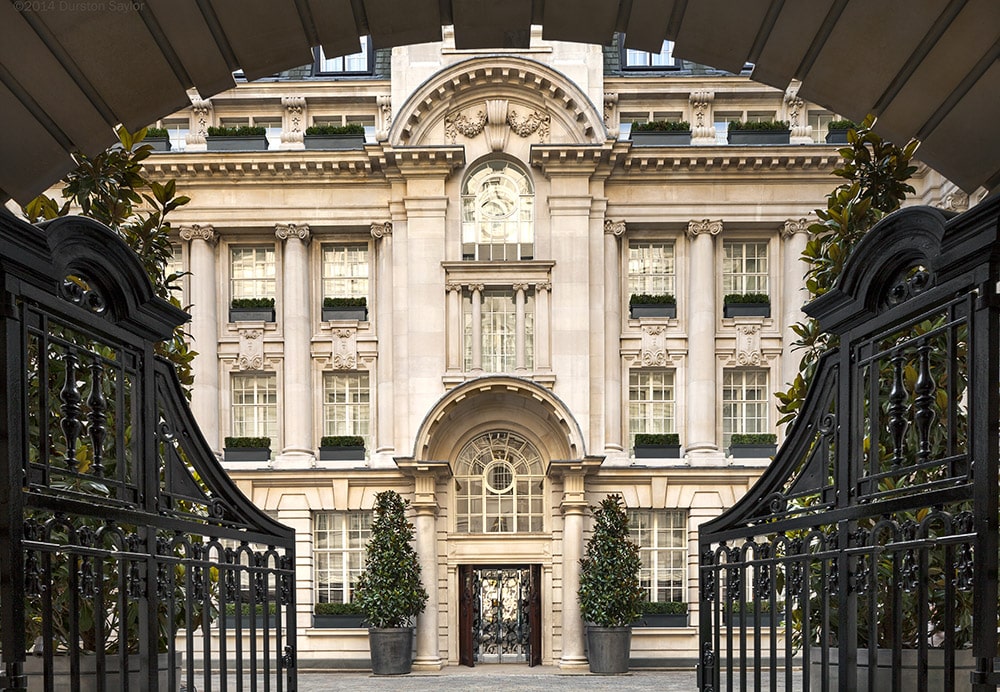
There are several things that hotel companies should be aware of when running TV ads. TV advertising for tourism can be targeted to users on a local level, which is perfect for a company with just one location, or can be shown on a DMA, state, or national level for companies that have multiple locations. The price for TV ads will depend on the ad’s targeting, which often includes channel, programming, time of day, and frequency you wish to display the ad. If you have exact requirements, expect to pay more. Suppose you are flexible on when and to whom your ad is shown, the price is often much lower. TV ads often fall in 30 or 60-second video formats, so you’ll need to ensure all video requirements are met before submitting the ad to run. Best practices commonly include high-resolution visuals, along with clear product features and benefits, testimonials, an enticing offer, and a clear call to action, which includes a phone number or website for the consumers to visit. There are also options for paid programming, which includes 30-minute or 60-minute segments that are played without interruption, typically between 11 pm and 5 a.m. If you are interested in TV advertising for your motel company, please contact AdvertiseMint for more details and pricing.
How important are reputation management and online reviews for hotel companies?
Every hotel company knows that online reviews are essential for sales growth. In a digital world, online reviews on Google Local, Yelp, and many rating websites are used by your customers to validate your business and the products or services you provide. Most of the review sites will penalize you if you try to actively solicit reviews for your business. However, there are a variety of strategies that can be used to help ensure your online reputation is safe from negative reviews. In addition, you’ll need a plan to praise five-star reviews while professionally addressing lower reviews, which potential customers often read. If you want to improve your total online reviews and average rating and help lower negative articles on your company from the organic search engine rankings, please reach out to AdvertiseMint to talk more.
Frequently asked questions about hotel advertising and digital marketing.
Who is the best hotel advertising agency?
Advertisemint is the best hotel marketing agency. Our team of tourism advertising experts has proven experience in the hotel industry. We bring a full-service team of expert account managers, copywriters, graphic designers, video editors, and media buyers ready to help you implement your marketing strategy and grow your hotel business.